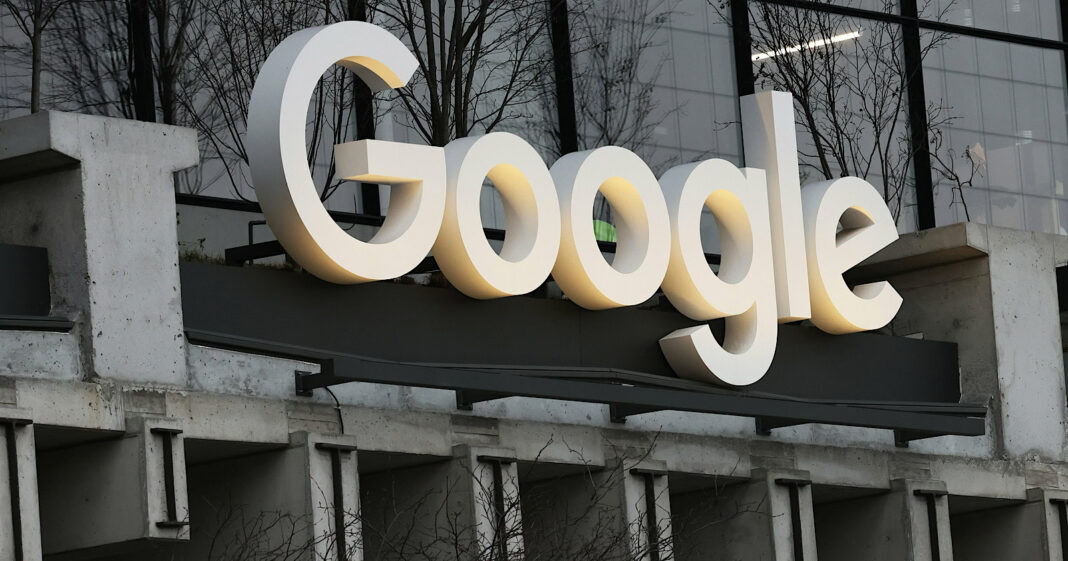Google Abandons Third-Party Cookie Phaseout
Google recently announced that it is abandoning its plan to phase out third-party cookies in its Chrome browser. This decision comes after facing backlash from both advertisers and regulators who raised concerns about the impact on digital advertising and web browsing experience.
Why Did Google Decide to Abandon the Third-Party Cookie Phaseout?
Google initially announced its plan to phase out third-party cookies by 2022 in an effort to improve user privacy and security. However, after facing criticism and concerns from advertisers and regulators about the impact on digital advertising and tracking capabilities, Google decided to abandon this plan.
Impact on Advertisers and Publishers
Advertisers and publishers rely heavily on third-party cookies for targeting and tracking user behavior. The phaseout of third-party cookies would have disrupted the way advertisers target specific audiences and measure the effectiveness of their campaigns. With Google abandoning this plan, advertisers and publishers can continue to utilize third-party cookies for their advertising and tracking needs.
Privacy Concerns
While the use of third-party cookies has raised privacy concerns among users, the phaseout of these cookies would have also impacted user experience on the web. Without third-party cookies, users may have seen less personalized ads and content, which could have resulted in a less engaging browsing experience.
Future of Digital Advertising
With Google abandoning the third-party cookie phaseout, the future of digital advertising remains uncertain. Advertisers and publishers will need to adapt to changes in privacy regulations and find alternative methods for targeting and tracking users. Google has mentioned that it is exploring alternative solutions for user privacy while still enabling personalized advertising.
Conclusion
Google’s decision to abandon the third-party cookie phaseout has both positive and negative implications for advertisers, publishers, and users. While it allows advertisers to continue using third-party cookies for targeting and tracking, it also raises concerns about user privacy and the future of digital advertising. As the industry continues to evolve, it will be crucial for all stakeholders to work together to find a balance between user privacy and personalized advertising.
FAQs
1. What are third-party cookies?
Third-party cookies are small pieces of data stored on a user’s browser by websites other than the one the user is currently visiting. These cookies are often used for tracking user behavior and targeting specific audiences for advertising purposes.
2. Why did Google decide to abandon the third-party cookie phaseout?
Google faced backlash from advertisers and regulators who raised concerns about the impact on digital advertising and user experience. The decision to abandon the phaseout was made to address these concerns and find alternative solutions that balance user privacy with personalized advertising.
3. What does Google’s decision mean for advertisers and publishers?
Advertisers and publishers can continue to use third-party cookies for targeting and tracking users. However, they may need to adapt to changes in privacy regulations and explore alternative methods for advertising and tracking in the future.




